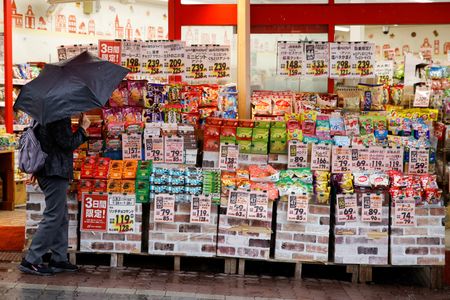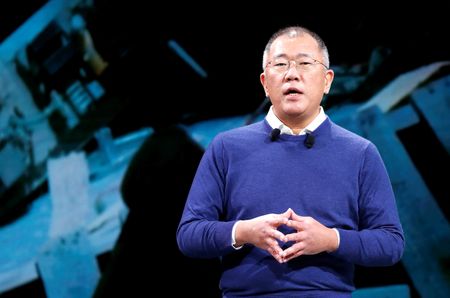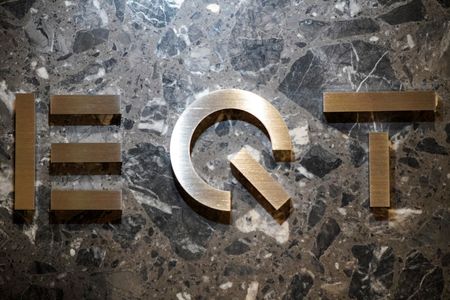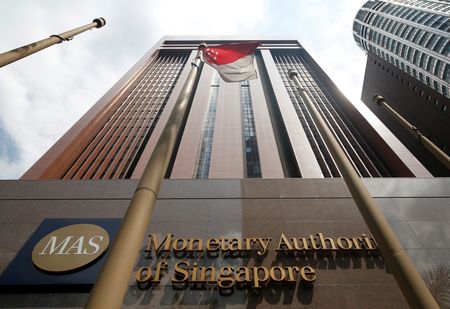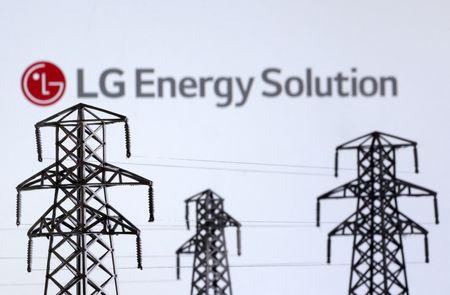By Leika Kihara
TOKYO (Reuters) – Japan is showing signs of sustainably achieving the central bank’s 2% inflation target with robust consumption and capital expenditure likely to underpin the economy, the International Monetary Fund said on Wednesday.
“After three decades of near-zero inflation, signs are growing that Japan’s economy can reach a new equilibrium with inflation sustained at the Bank of Japan’s 2% headline inflation target and growth at the 0.5% potential,” the IMF said in a statement released after concluding its annual consultations with Japan.
“Risks to growth are tilted to the downside, while risks to inflation are broadly balanced,” the statement said, adding the chance of a global economic slowdown and weakening of domestic consumption were among downside risks to economic growth.
The IMF’s statement, released in Washington before U.S. President Donald Trump’s announcement of global reciprocal tariffs on Wednesday, did not mention the potential impact of the 24% levy the U.S. will place on imports from Japan.
Japan’s headline inflation stood at 3.7% in February, staying above the BOJ’s target for nearly three years, as stubbornly high food costs hurt households.
While rising food and energy costs posed upside risks to inflation, they were likely to moderate ahead and help Japan’s inflation converge to the BOJ’s target, the IMF said.
In concluding the consultations with Japan, the IMF’s executive directors urged the BOJ to gradually withdraw monetary support if Japan’s economy moves in line with the group’s staff forecasts, according to the statement.
They “urged the BOJ to remain data‑dependent and flexible, and to continue its clear communication” in raising interest rates given uncertainty over the level of Japan’s “neutral” rate that neither cools nor overheats growth, it said.
The IMF expects Japan’s economy to expand 1.2% in 2025, after a 0.1% increase in 2024, as robust corporate profits and prospects of higher wages underpin private spending. It projects headline inflation to slow to 2.4% in 2025 from 2.7% last year.
The BOJ exited a decade-long stimulus programme last year and raised interest rates to 0.5% in January on the view Japan was on the cusp of sustainably hitting its inflation target.
Governor Kazuo Ueda has said the BOJ will keep pushing up borrowing costs if continued wage gains underpin consumption and allow firms to raise prices.
(Reporting by Leika Kihara; Editing by Jamie Freed)

